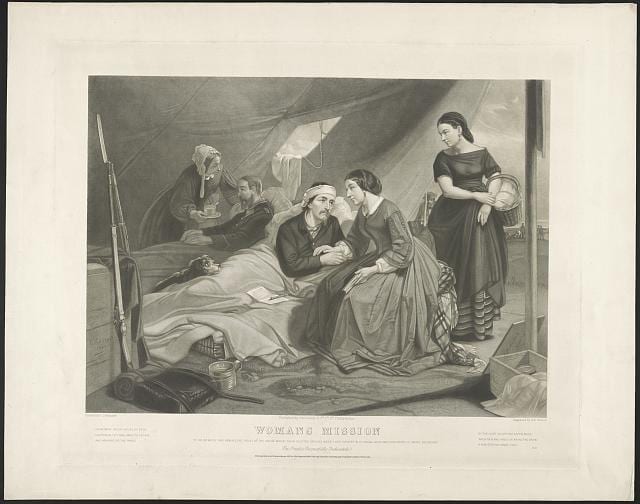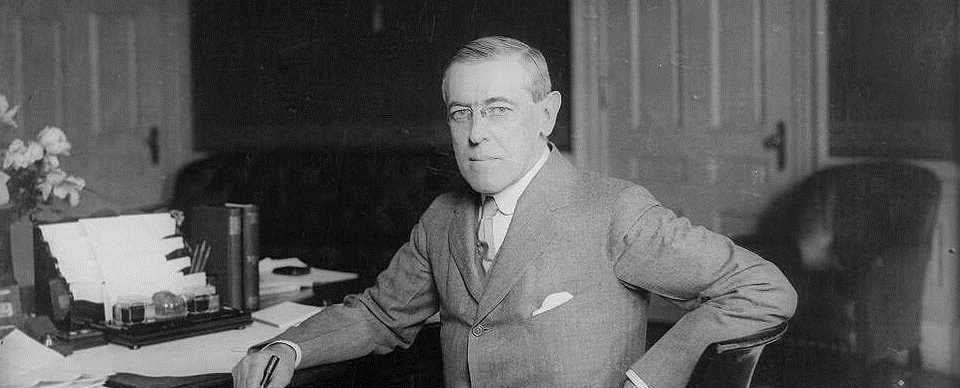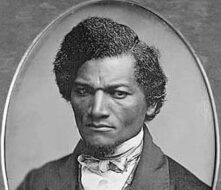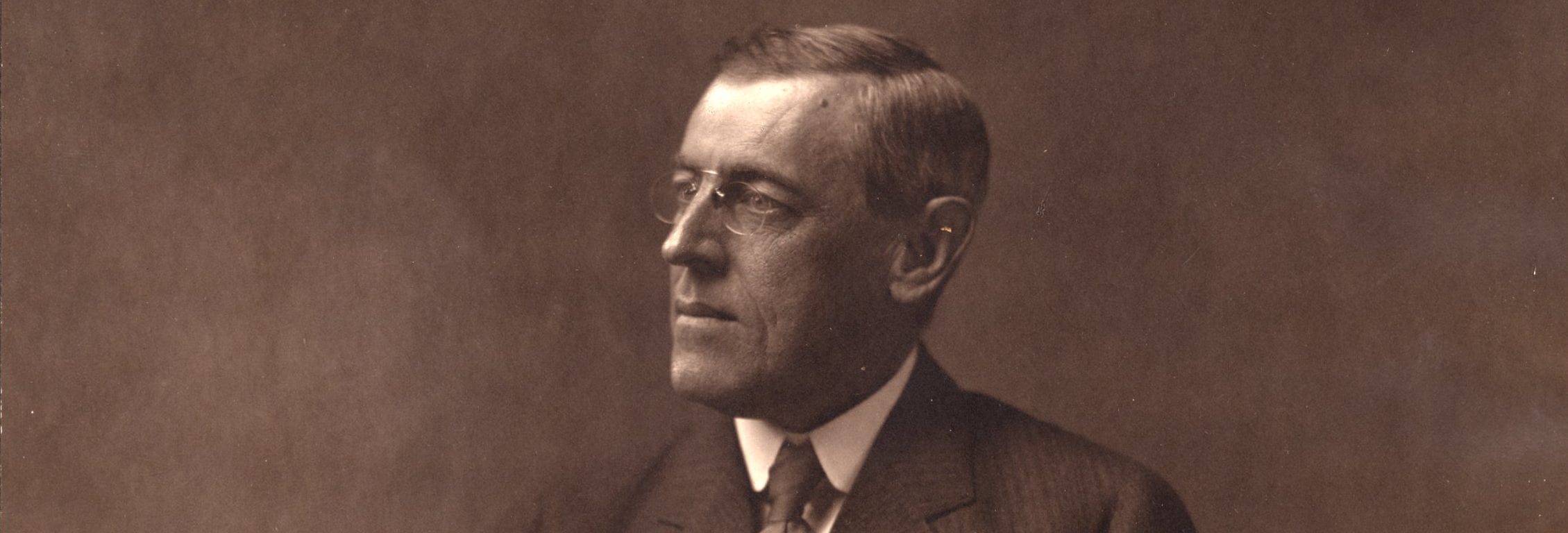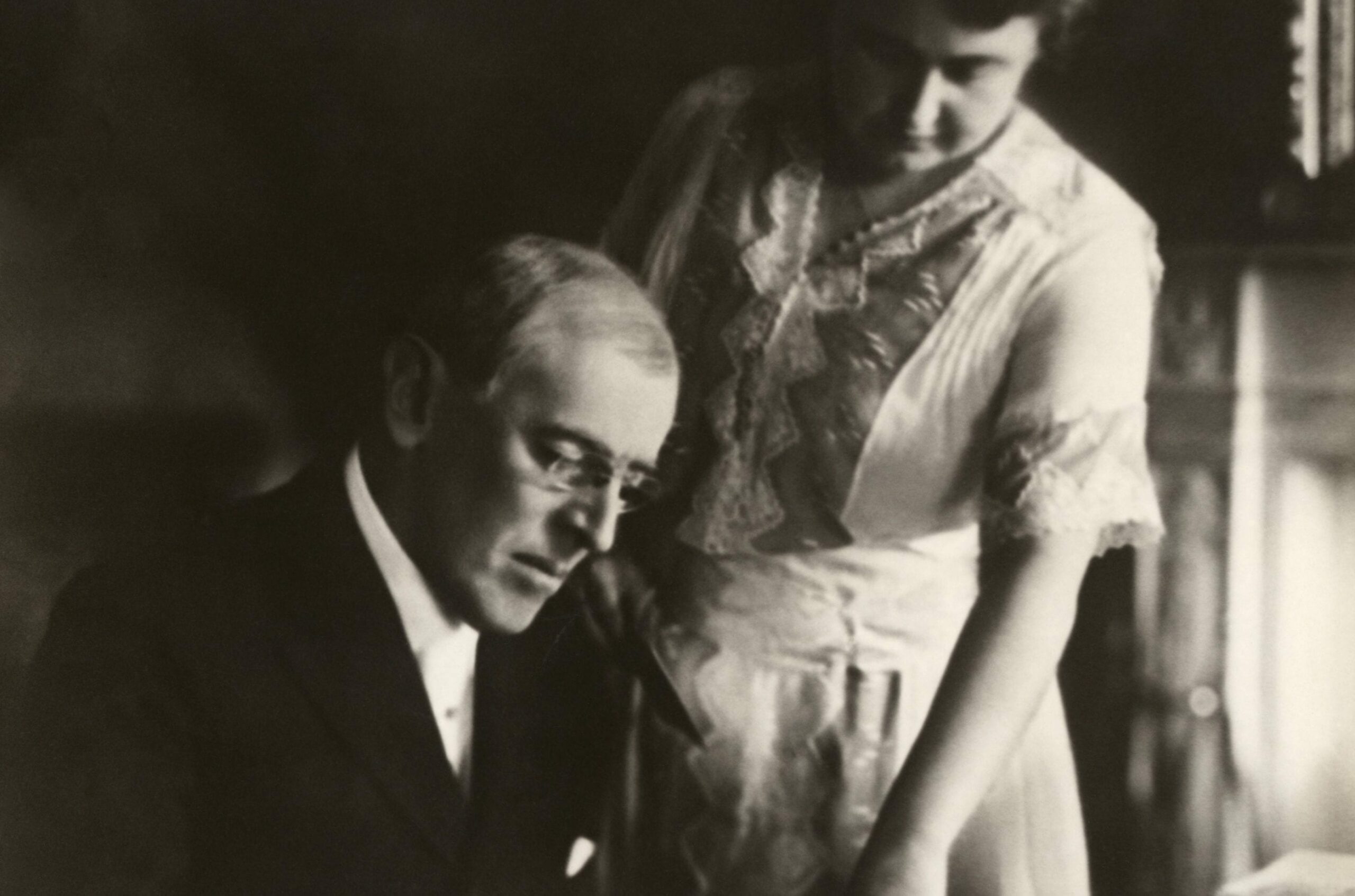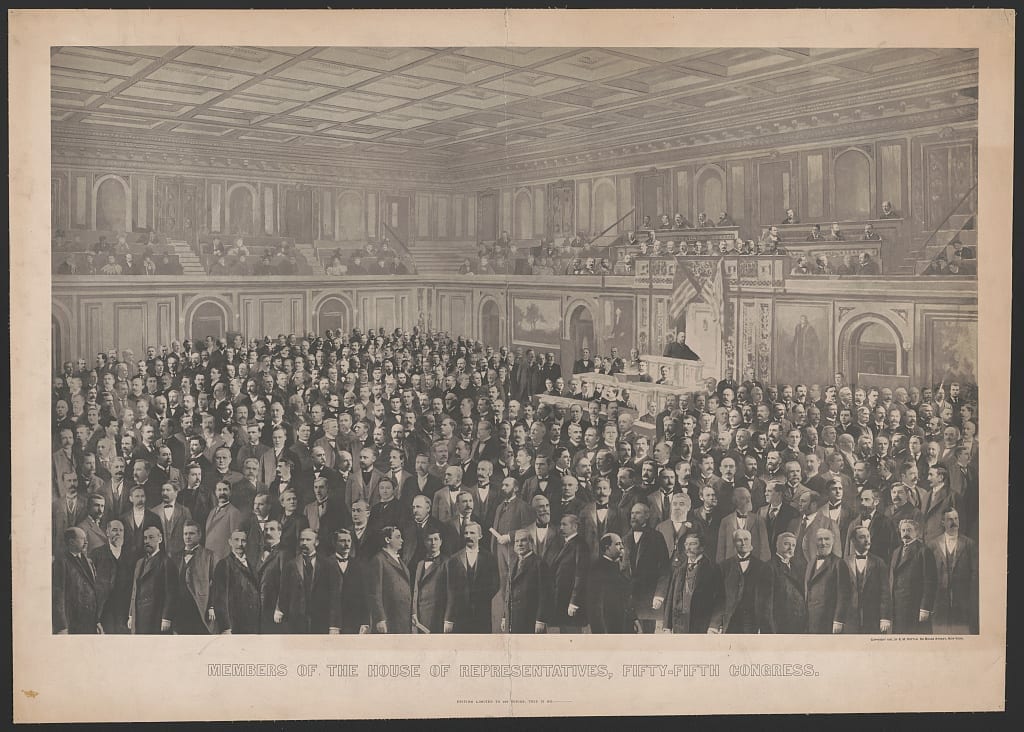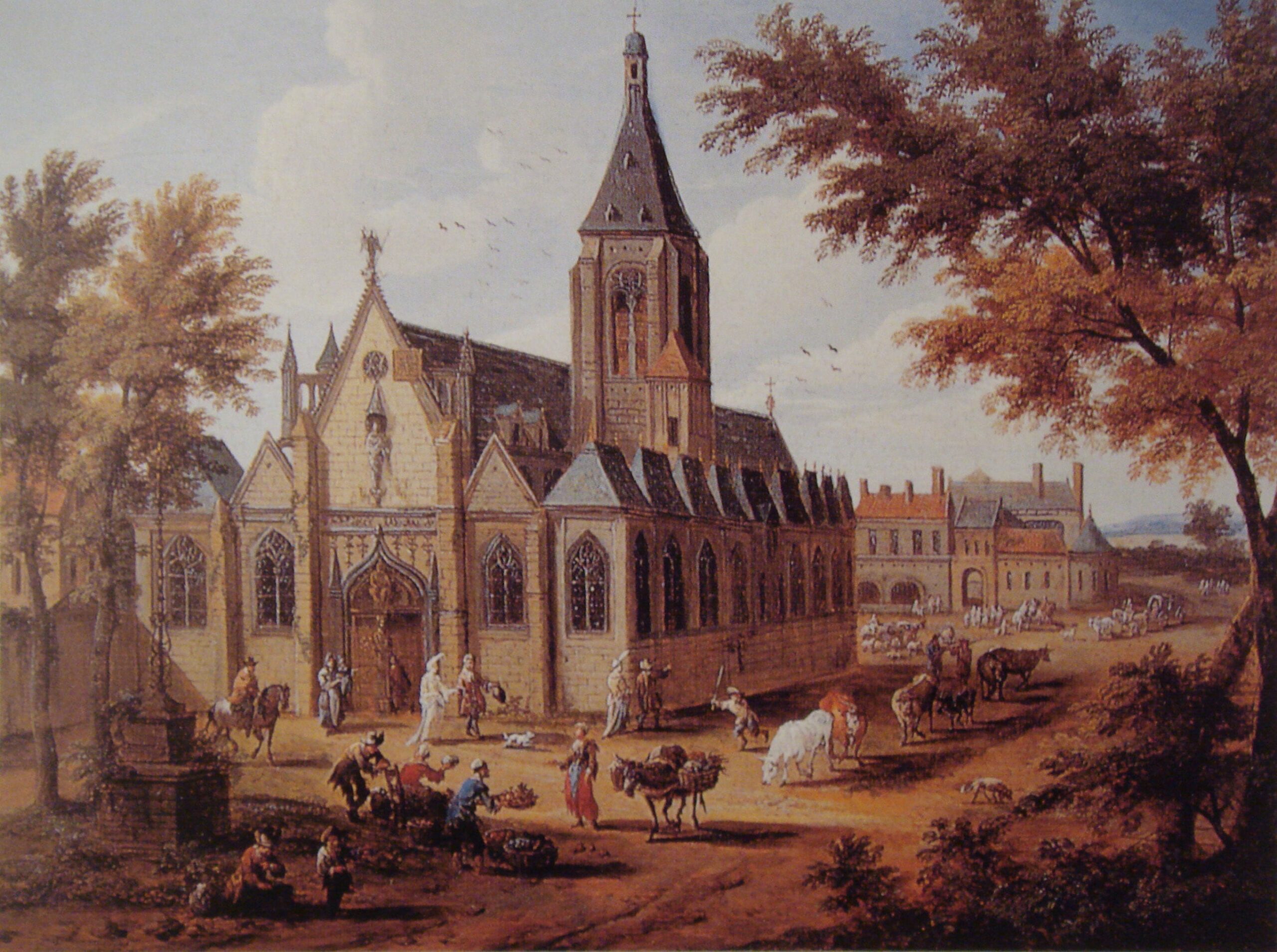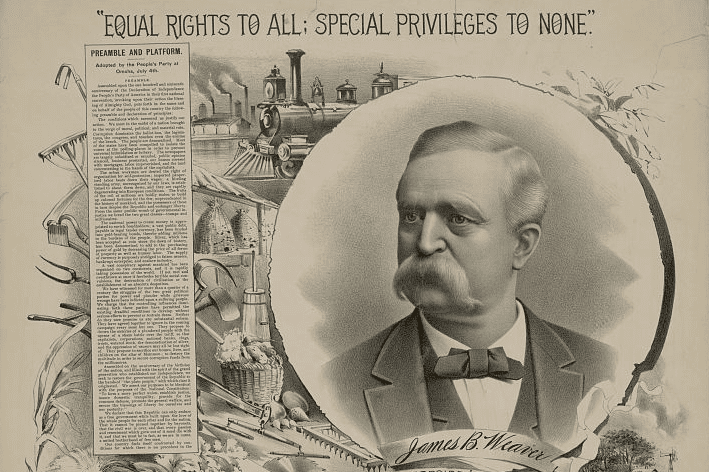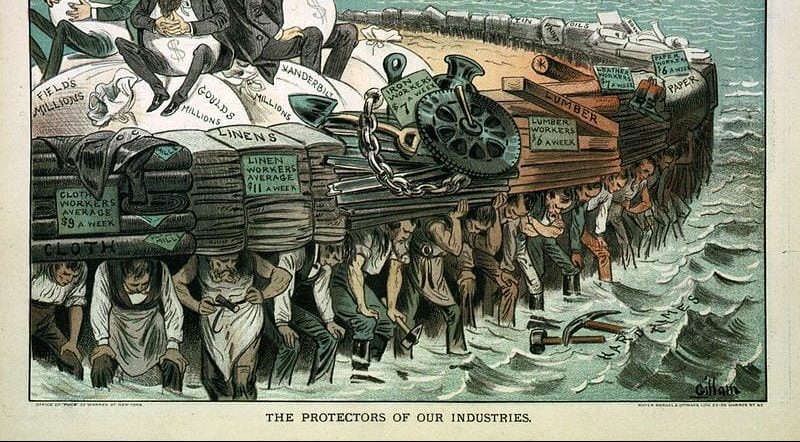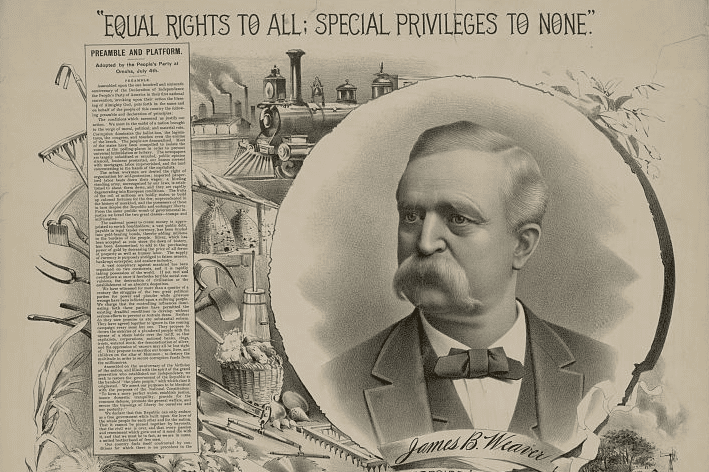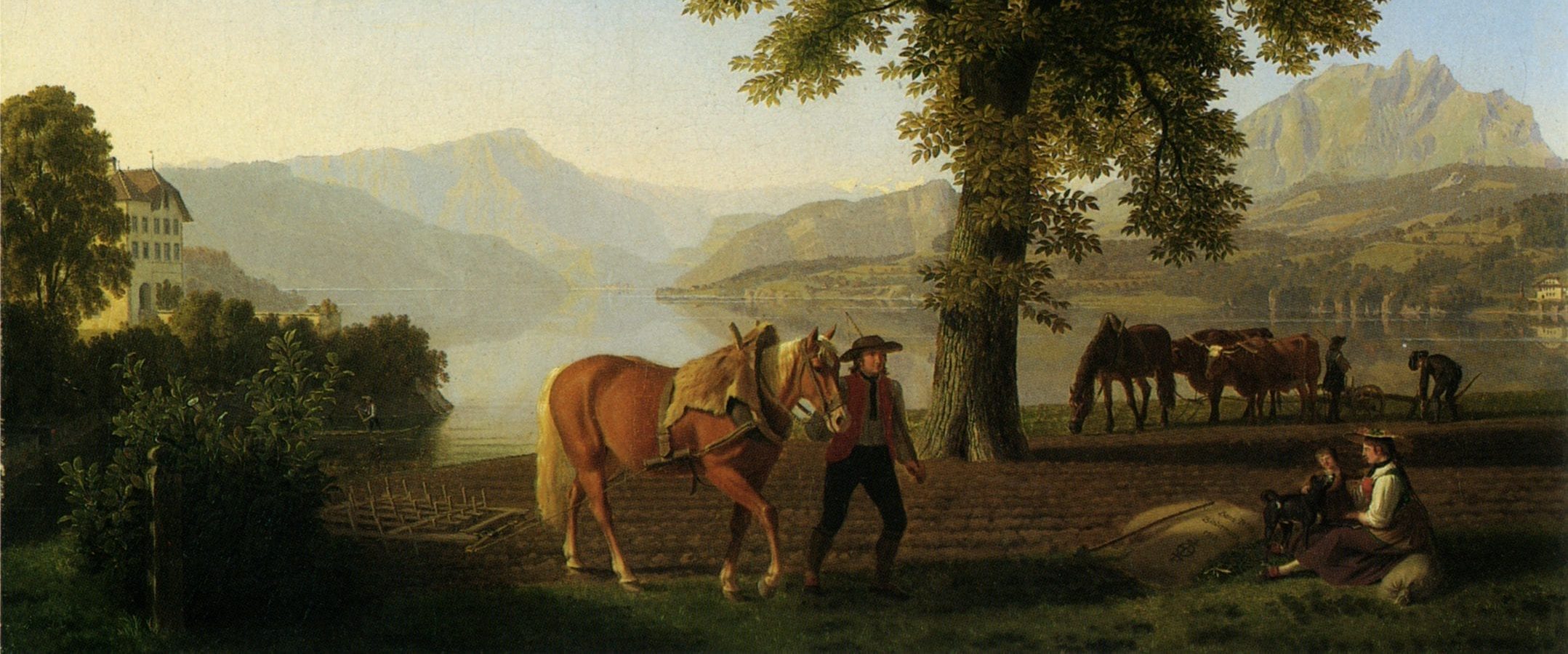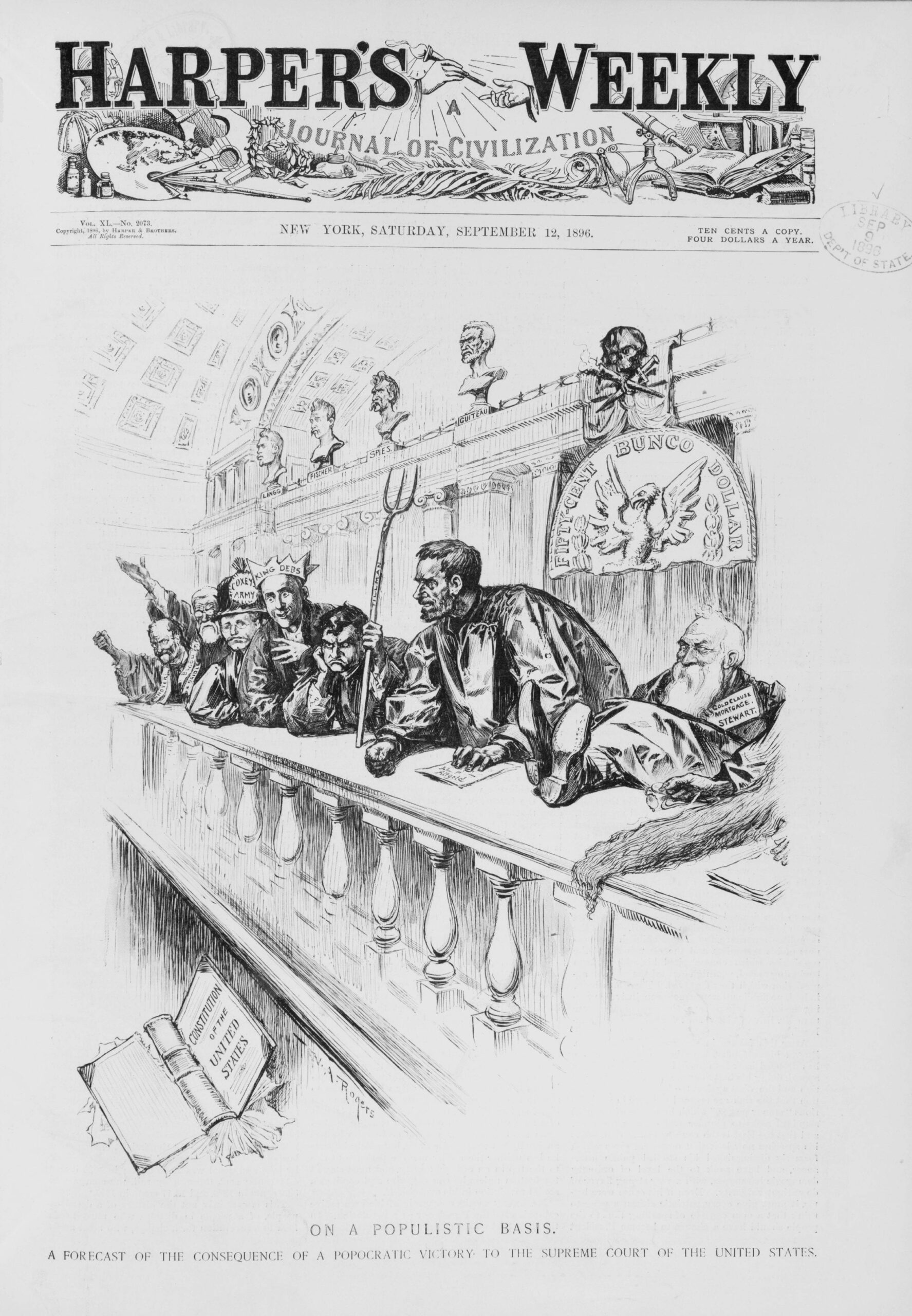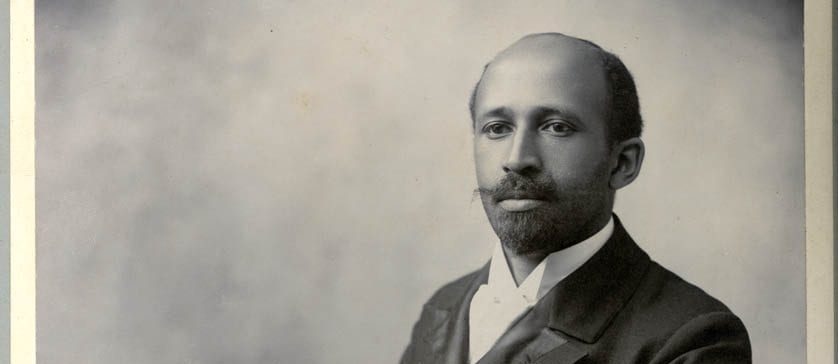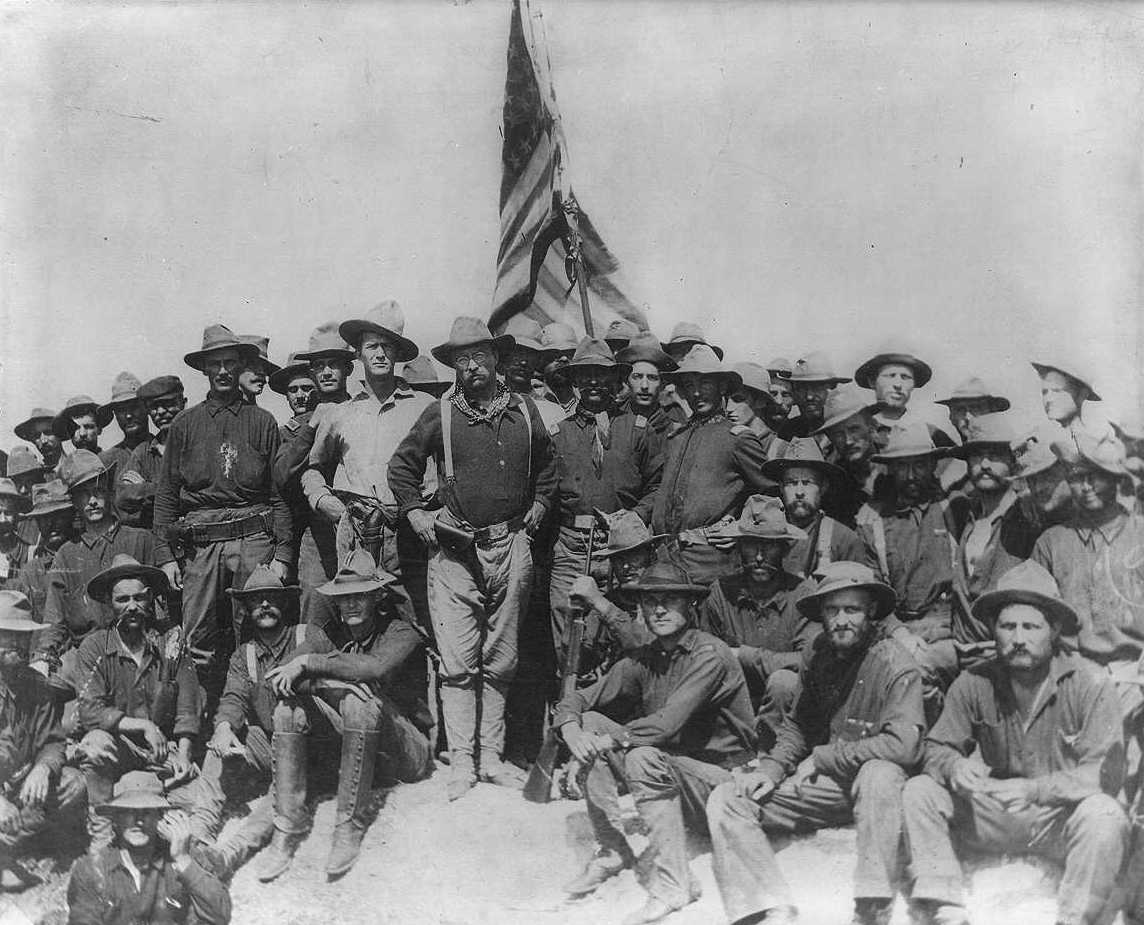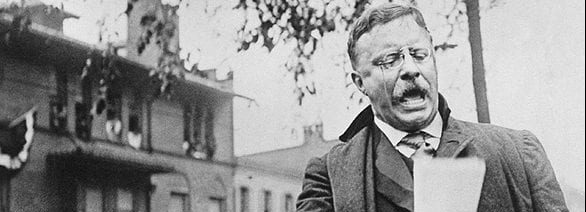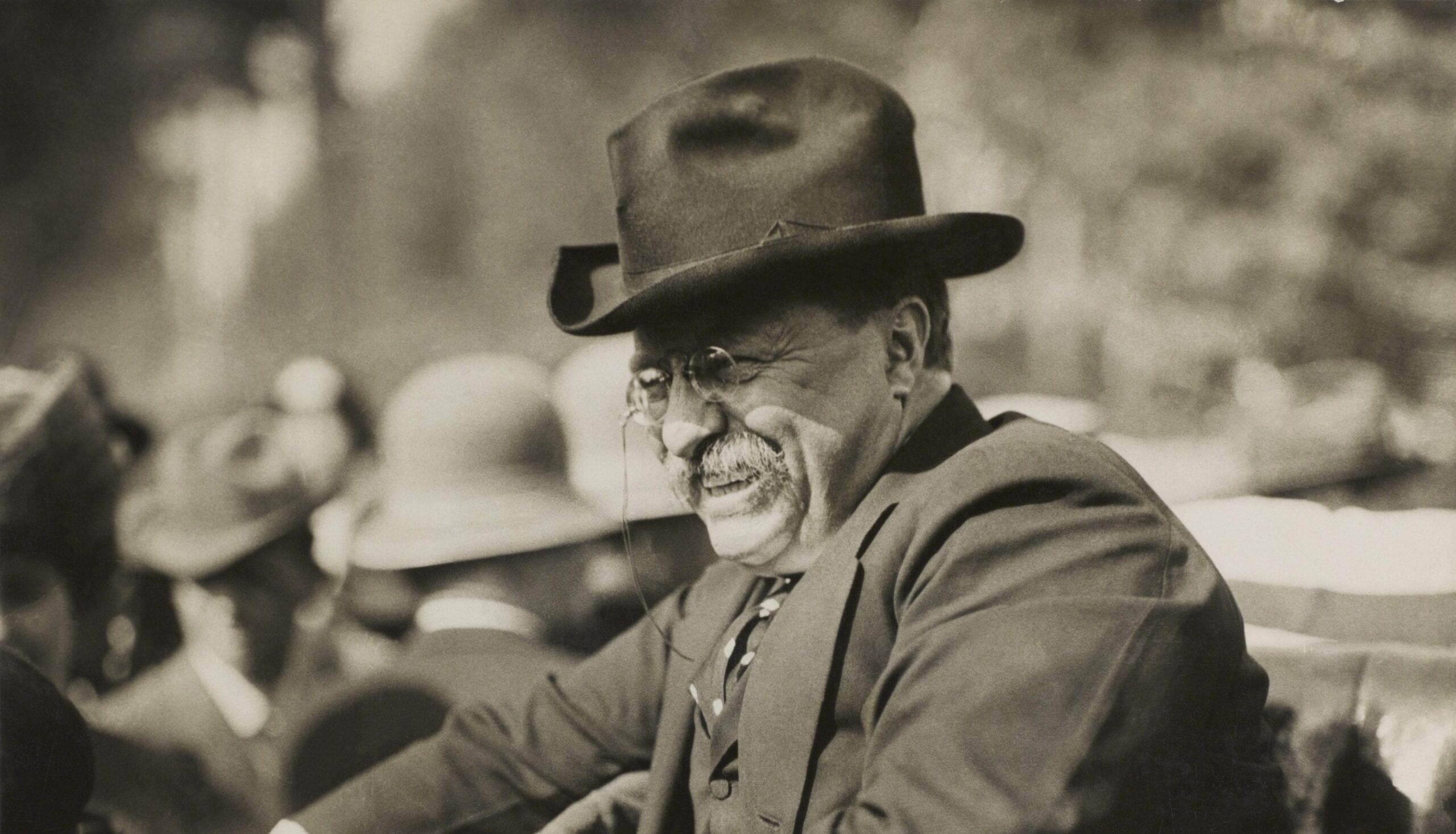The old nations of the earth creep on at a snail’s pace; the Republic thunders past with the rush of the express. The United States, the growth of a single century, has already reached the foremost rank among nations, and is destined soon to out-distance all others in the race. In population, in wealth, in annual savings, and in public credit; in freedom from debt, in agriculture, and in manufactures, America already leads the civilized world…
Into the distant future of this giant nation we need not seek to peer; but if we cast a glance forward, as we have done backward, for only fifty years, and assume that in that short interval no serious change will occur, the astounding fact startles us that in 1935, fifty years from now, when many in manhood will still be living, one hundred and eighty millions of English-speaking republicans will exist under one flag and possess more than two hundred and fifty thousand millions of dollars, or fifty thousand millions sterling of national wealth. Eighty years ago the whole of America and Europe did not contain so many people; and, if Europe and America continue their normal growth, it will be little more than another eighty years ere the mighty Republic may boast as many loyal citizens as all the rulers of Europe combined, for before the year 1980 Europe and America will each have a population of about six hundred millions.
The causes which have led to the rapid growth and aggrandizement of this latest addition to the family of nations constitute one of the most interesting problems in the social history of mankind. What has brought about such stupendous results — so unparalleled a development of a nation within so ethnic character of the people, the topographical and climatic conditions under which they developed, and the influence of political institutions founded upon the equality of the citizen.
Certain writers in the past have maintained that the ethnic type of a people has less influence upon its growth as a nation than the conditions of life under which it is developing. The modern ethnologist knows better. We have only to imagine what America would be today if she had fallen, in the beginning, into the hands of any other people than the colonizing British, to see how vitally important is this question of race. America was indeed fortunate in the seed planted upon her soil. With the exception of a few Dutch and French it was wholly British; and …the American of today remains true to this noble strain and is four-fifths British. The special aptitude of this race for colonization, its vigor and enterprise, and its capacity for governing, although brilliantly manifested in all parts of the world, have never been shown to such advantage as in American. Freed here from the pressure of feudal institutions no longer fitted to their present development, and freed also from the dominion of the upper classes, which have kept the people at home from effective management of affairs and sacrificed the nation’s interest for their own, as is the nature of classes, these masses of the lower ranks of Britons, called upon to found a new state, have proved themselves possessors of a positive genius for political administration.
The second, and perhaps equally important factor in the problem of the rapid advancement of this branch of the British race, is the superiority of the conditions under which it has developed. The home which has fallen to its lot, a domain more magnificent than has cradled any other race in the history of the world, presents no obstructions to unity — to the thorough amalgamation of its dwellers, North, South, East, and West, into one homogeneous mass — for the conformation of the American continent differs in important respects from that of every other great division of the globe. In Europe the Alps occupy a central position, forming on each side watersheds of rivers which flow into opposite seas. In Asia the Himalaya, the Hindu Kush, and the Altai Mountains divide the continent, rolling from their sides many great rivers which pour their floods into widely separated oceans. But in North America the mountains rise up on each coast, and from them the land slopes gradually together in one valley, offering to commerce many thousand miles of navigable streams. The map thus proclaims the unity of North America, for in this great central basin, three million square miles in extent, free from impassable rivers or mountain barriers great enough to hider free intercourse, political integration is a necessity and consolidation a certainty…
The unity of the American people is further powerfully promoted by the foundation upon which the political structure rests, the equality of the citizen. There is not one shred of privilege to be met with anywhere in all the laws. One man’s right is every man’s right. The flag is the guarantor and symbol of equality. The people are not emasculated by being made to feel that their own country decrees their inferiority, and holds them unworthy of privileges accorded to others. No ranks, no titles, no hereditary dignities, and therefore no classes. Suffrage is universal, and votes are of equal weight. Representatives are paid, and political life and usefulness thereby thrown open to all. Thus there is brought about a community of interests and aims which a Briton, accustomed to monarchial and aristocratic institutions, dividing the people into classes with separate interests, aims, thoughts, and feelings, can only with difficulty understand.
The free common school system of the land is probably, after all, the greatest single power in the unifying process which is producing the new American race. Through the crucible of a good common English education, furnished free by the State, pass the various racial elements — children of Irishmen, Germans, Italians, Spaniards, and Swedes, side by side with the native American, all to be fused into one, in language, in thought, in feeling, and in patriotism. The Irish boy loses his brogue, and the German child learns English. The sympathies suited to the feudal systems of Europe, which they inherit from their fathers, pass off as dross, leaving behind the pure gold of the only noble political creed: “All men are created free and equal.” Taught now to live and work for the common weal, and not for the maintenance of a royal family or an overbearing aristocracy, not for the continuance of a social system which ranks them beneath an arrogant class of drones, children of Russian and German serfs, of Irish evicted tenants, Scotch crofters, and other victims of feudal tyranny, are translated into republican Americans, and are made in one love for a country which provides equal rights and privileges for all her children. There is no class so intensely patriotic, so wildly devoted to the Republic as the naturalized citizen and his child, for little does the native-born citizen know of the value of rights which have never been denied. Only the man born abroad, like myself, under institutions which insult him at his birth, can know the full meaning of Republicanism…
It is these causes which render possible the growth of a great homogeneous nation, alike in race, language, literature, interest, patriotism — an empire of such overwhelming power and proportions as to require neither army nor navy to ensure its safety, and a people so educated and advanced as to value the victories of peace.
The student of American affairs today sees no influences at work save those which make for closer and closer union. The Republic has solved the problem of governing large areas by adopting the federal, or home-rule system, and has proved to the world that the freest self-government of the parts produces the strongest government of the whole.







